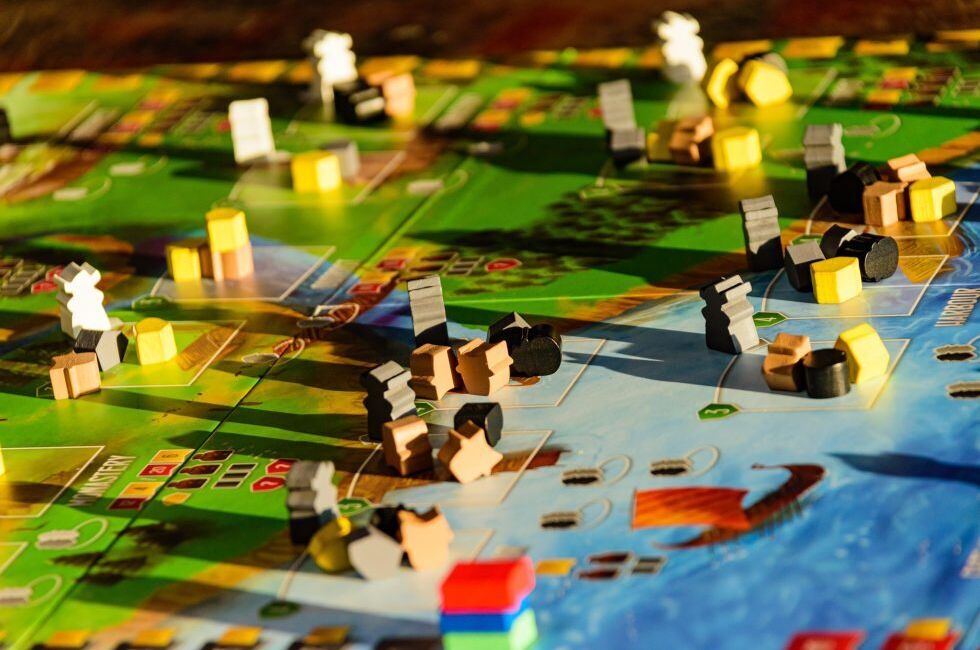If we treat others with respect, as rational people who might have good reasons to opt out and show them where their participation will pay off and be useful, we might just get them to play.
Empathy games

I hate playing board games. Many of my nearest and dearest are highly competitive, strategic thinkers who love them. The pleasure of most board games eludes me, because I’m not a tactical long-range thinker. It’s not so much the games I hate, as the futility. I hate playing games that I cannot win.
I don’t mean to say that I’m a poor loser. In fact, I would say I’m quite the opposite when it comes to failure in other areas of life. But if my natural skills are of no advantage, and I must expend enormous effort to have a fighting chance, I don’t see the point.
During a global pandemic, great racial inequality, and scores of other tragedies, it can be difficult to stomach the seeming indifference of some people. As every problem of the world plays out on tiny screens in front of us, they may be experiencing understandable compassion fatigue and decide they don’t want to participate in that particular “game.”
If you’ve ever tried persuading someone to care about an issue that doesn’t affect them directly, you know it is a challenging value proposition. They have no stake in it, they may not see how their input will make a difference to the outcome, they may not see the point. So instead, they take their gifts, scarce energy and empathetic resources and pour into the places that are closer to them, where they can experience a payoff for their efforts. It’s the rational, human thing to do.
You could do what many well-meaning friends and family have tried to do to this board game hater, and guilt them into getting involved. However, using social pressure is unlikely to make them care, at best they will make a half-hearted effort to show interest, so that you stop bothering them, or worse, they may become hardened to the issue entirely. But we’re likely talking about something that is more important than a board game, and if it really does matter than it’s worth taking the time to be more persuasive than dismissive.
According to Dr. David Desanto, who studies why some people respond to tragedy with compassion and others with indifference, individuals who have experienced adversity themselves are more likely to care about the tragedies that affect others. However, he believes there is a way to help people overcome compassion fatigue.
To help people become more compassionate, we can convince them that their efforts to aid others can make a difference, as opposed to waiting for them to be struck by adversity themselves. The research suggests that doing so will make them more willing to lend a hand in a crisis.
If we want others to care, they must know that their contribution matters, and that the cost to “helping” does not have to be huge. If we treat others with respect, as rational people who might have good reasons to opt out and show them where their participation will pay off and be useful, we might just get them to play.